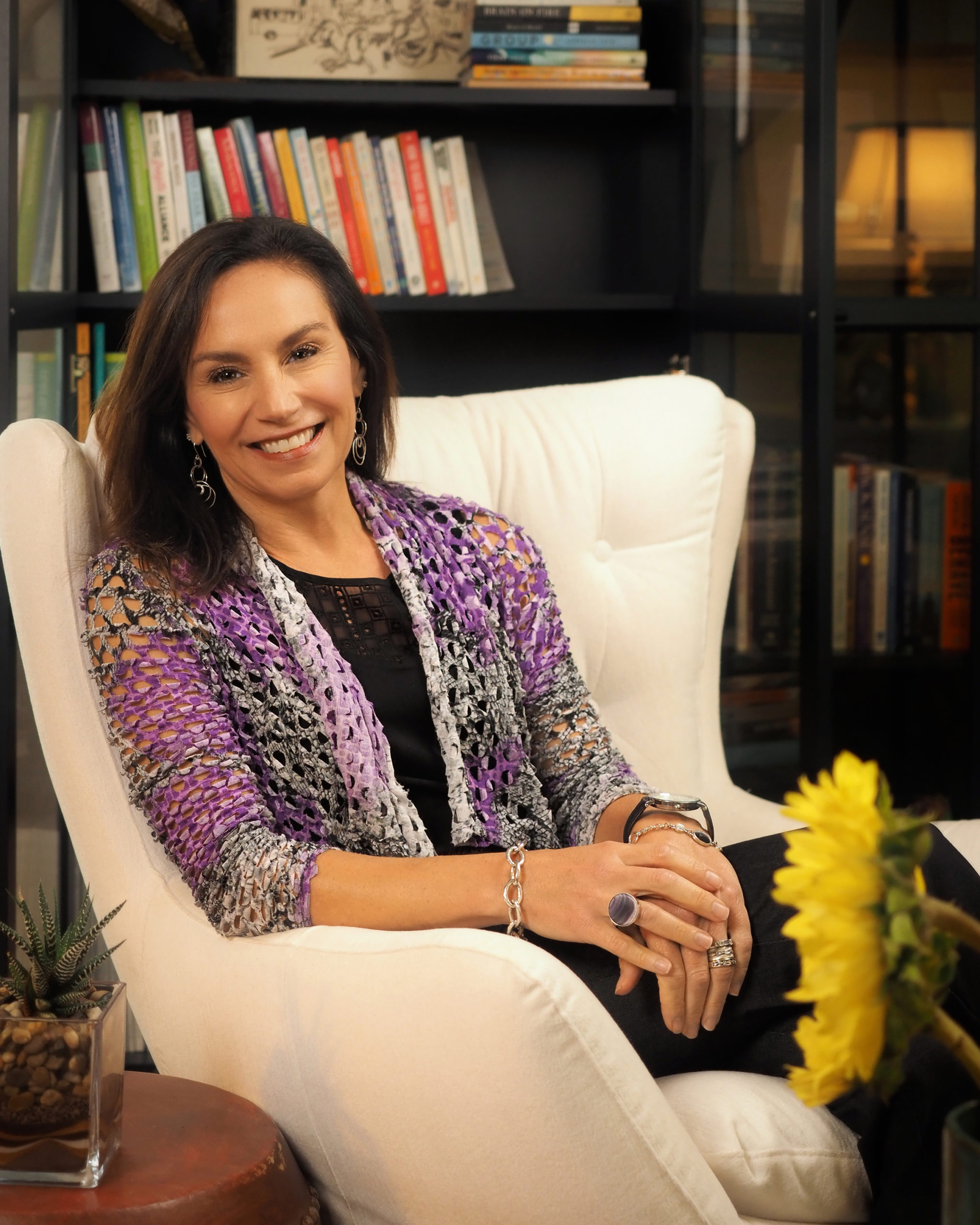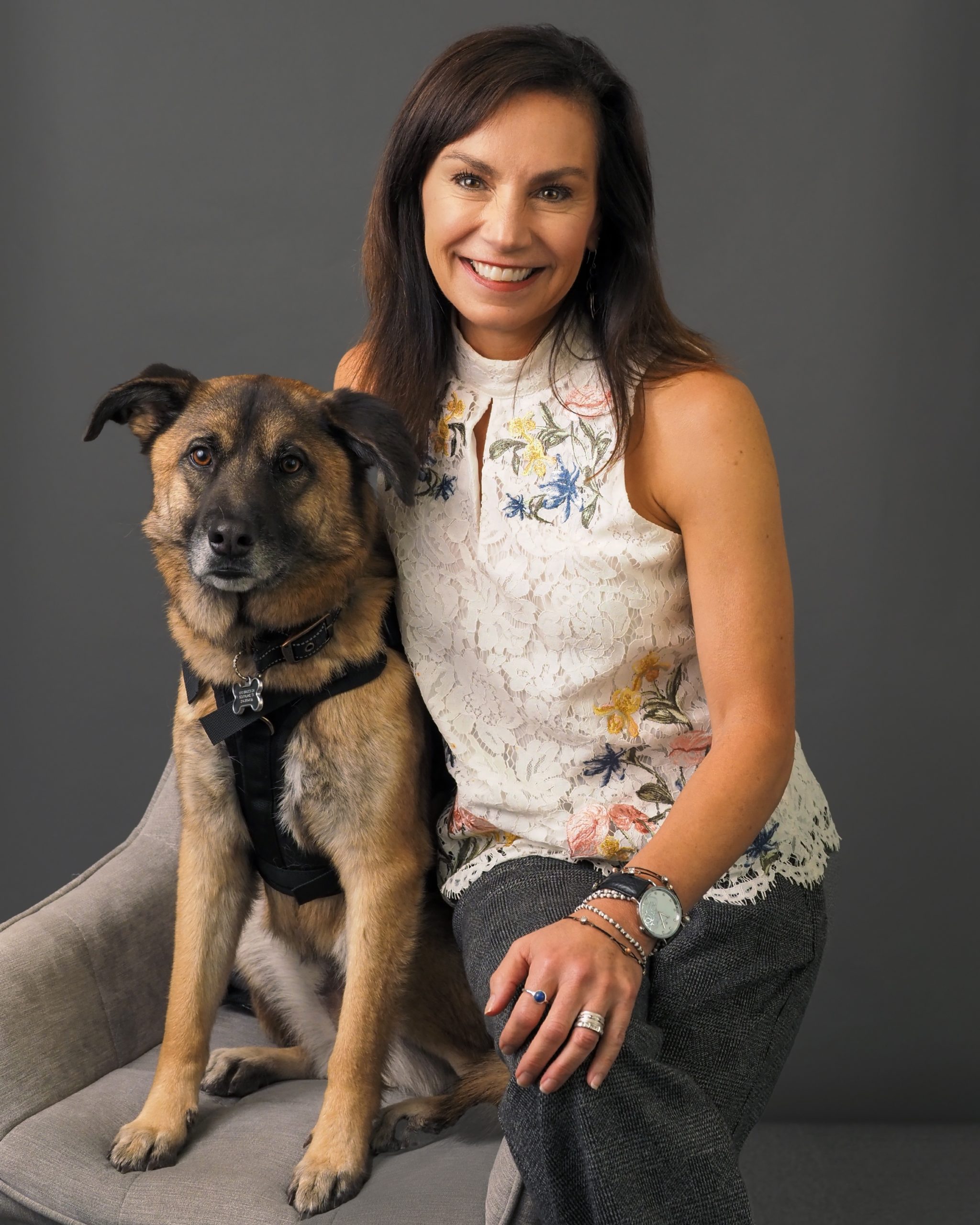8/20-present Adjunct Clinical Faculty, UT Southwestern Medical Center at Dallas
5/03-present Private Psychotherapy Practice, Dallas/Grapevine, TX. Developed private practice designed to provide psychotherapeutic services to adults and older adolescents presenting with a broad range of psychological and psychiatric issues.
5/02-2010 Clinical Faculty, UT Southwestern Medical Center at Dallas. Participated in a variety of activities designed to augment clinical training, such as psychotherapy supervision, teaching medical and psychology students, running psychotherapy groups and taking part in the admissions process.
4/03-11/04 Baylor Health and Hospital System, Dallas, TX. Performed psychological evaluations on patients presenting with heterogeneous chronic pain disorders. Evaluations were undertaken for the purposes of treatment planning and identification of issues potentially affecting patient care. Participated in interdisciplinary team conferences involving anesthesiology, physical therapy, occupational therapy and psychology.
8/02/3/02 Clinical Liaison Psychiatry and Behavioral Medicine Service, Parkland Memorial Hospital, Dallas, TX. Performed consults to all services throughout the hospital. Provided training and supervision of post-docs and interns in this same capacity. Organized didactics designed to highlight issues relevant to psychologists working on a medical service. Participation was part of an ongoing evaluation and development of psychologists’ ability to function independently on a traditionally psychiatric consult service, and to contribute to developing curricula designed to assist psychology interns in playing a more autonomous role in this same setting.
3/02-3/02 Balint Group, UT Southwestern Medical Center, Dallas, TX. Co-directed a Balint group for the providers of service on the UT Southwestern Palliative Care team, including physicians, nurses, social workers and chaplains. The group examined the relationships between particular patients and providers, in an effort to reduce job burn-out and increase the quality of clinical care.
9/01-3/02 Co-director, Parkland Hospital Chronic Pain Management Program, Dallas, TX. Performed responsibilities listed below, while attending to ongoing administrative matters involved in program development and management. Directed weekly interdisciplinary staff meetings to discuss intake evaluations on patients, team conference patients as they progressed through the program, and to expediently address issues arising with each discipline relevant to the program.
1/99-8/01 Parkland Hospital Chronic Pain Management Program, Dallas, TX. Involved in program development, implementation and treatment at an interdisciplinary chronic pain management program. Provided direct patient care and supervised psychology interns in clinical work, including patient intakes and treatment (biofeedback, group, family, and individual psychotherapy), treatment planning, and outcome assessment.
1/99-8/2000 Additional responsibilities at the Psychiatry Outpatient Clinic included personality and neuropsychological assessments on patients referred by treating psychiatrists.
1998-2001 Eugene McDermott Center for Pain Management, Dallas, TX. Used hypnosis for pain management and smoking cessation on a heterogeneous group of chronic pain patients. Conducted individual and psychoeducational group therapy focused on issues related to pain management. Completed intake assessments and assisted in treatment planning for these patients. Played an active role in weekly interdisciplinary case conferences involving anesthesiology, psychiatry, psychology, physical therapy, and physical medicine and rehabilitation.
1997-2001 Southwestern Outpatient Clinic, Dallas, TX. Conducted diagnostic interviews and personality and neuropsychological assessments on patients presenting with medical and psychiatric difficulties. Presented results to consult team as well as to treating physicians. Conducted brief, problem-focused individual and family psychotherapy, and assisted in treatment planning.
8/99-12/99 Parkland Hospital, Psychiatry Consult Liaison Service, Dallas, TX. Conducted diagnostic interviews, and personality and neuropsychological assessments on patients presenting with medical and psychiatric difficulties. Presented results to consult team as well as to treating physicians. Conducted brief, problem-focused individual and family psychotherapy, and assisted in treatment planning.
1997-1998 Terrell State Hospital, Terrell, TX. Rotated through four inpatient units, including adult acute, intermediate care, child/adolescent, and neuropsychology. Responsibilities included assessment (cognitive and personality), individual, family and group psychotherapy, and didactics targeted towards patients, families and staff.
1997-1999 Parkland Hospital Psychiatric Emergency Room, Dallas, TX. Assessed and provided crisis intervention to patients with the goal of identifying appropriate patient care/disposition. Decisions were made in a multidisciplinary fashion and included the necessary agency and familial involvement.
1995 St. Elizabeth’s Hospital, Washington, DC. Responsibilities included planning and conducting social activities on an adult, inpatient ward, designed to assist patients in the development of interpersonal skills.





 Milo and Dr. Pulliam work together as a certified animal assisted therapy team
Milo and Dr. Pulliam work together as a certified animal assisted therapy team